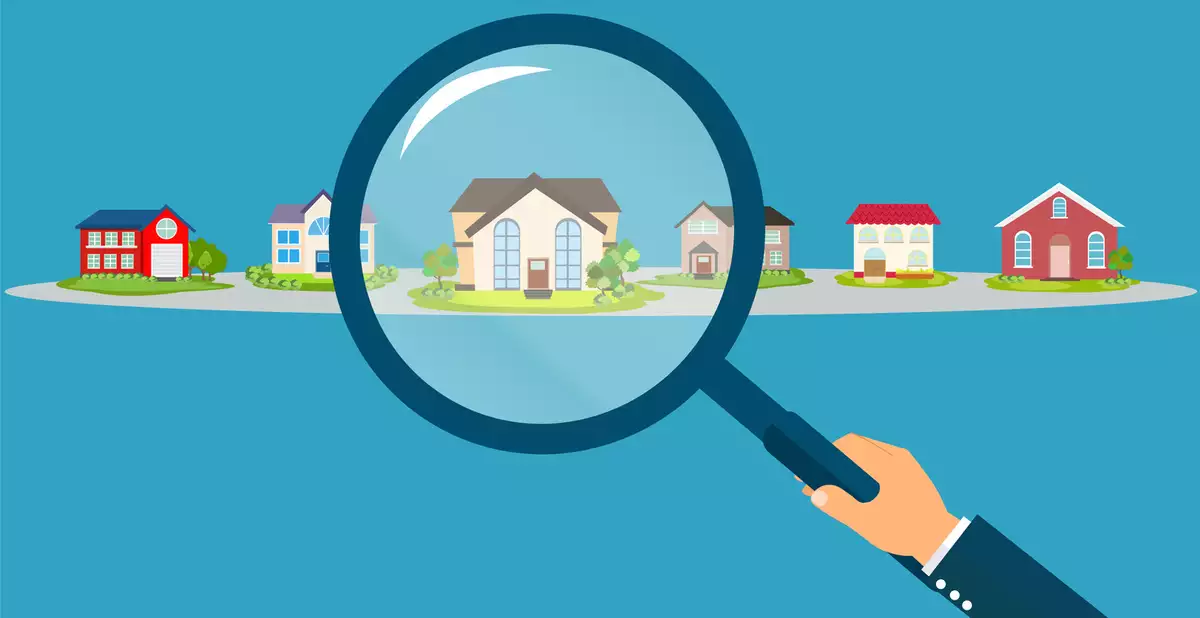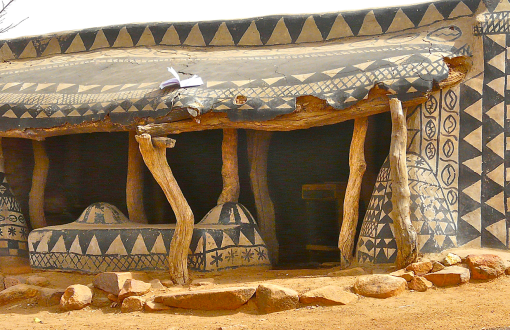Burkina Faso Introduces Digital Platform For Land And Housing Data Collection

Burkina Faso has taken a significant step towards enhancing land management and urban development with the launch of a digital platform for collecting land and housing data. This initiative marks a transformative shift towards digitizing administrative processes and improving access to crucial information in the real estate sector. Let’s delve into the details of this innovative platform and its potential impact on land management in Burkina Faso.
The Digitalization Drive In Public Management:
The introduction of a digital platform for land and housing data collection underscores Burkina Faso’s commitment to embracing digital technology in public management. With advancements in digital infrastructure and the proliferation of mobile technology, governments are increasingly leveraging digital platforms to streamline administrative processes, enhance transparency, and improve service delivery to citizens. The launch of this platform reflects Burkina Faso’s efforts to modernize its public administration and harness the power of technology to address key challenges in land management.
Enhancing Land Management And Urban Planning:
Effective land management and urban planning are critical for sustainable development and inclusive growth in Burkina Faso. By centralizing land and housing data through a digital platform, the government aims to improve the efficiency and accuracy of land administration processes, including land registration, property valuation, and urban planning. Access to reliable data on land and housing will facilitate informed decision-making by policymakers, urban planners, and real estate developers, leading to more efficient land use and development.
Empowering Citizens And Stakeholders:
The digital platform for land and housing data collection is designed to empower citizens and stakeholders by providing them with access to comprehensive and up-to-date information on land tenure, property ownership, and housing trends. Through the platform, individuals can access land records, verify property ownership, and participate in public consultations on urban development projects. This transparent and inclusive approach to land management empowers citizens to actively engage in decision-making processes and hold authorities accountable for the equitable and sustainable use of land resources.
Improving Efficiency And Transparency:
The adoption of digital technology in land management promises to improve the efficiency and transparency of administrative processes, reducing bureaucracy and corruption in the real estate sector. By digitizing land records and automating administrative procedures, the government can streamline land transactions, minimize paperwork, and expedite decision-making processes. This not only saves time and resources but also enhances the integrity and reliability of land data, fostering trust and confidence in the land administration system.
Conclusion:
In conclusion, Burkina Faso’s launch of a digital platform for land and housing data collection represents a significant milestone in its efforts to modernize land management and promote sustainable urban development. By harnessing the power of digital technology, the government aims to enhance transparency, efficiency, and inclusiveness in land administration processes, empowering citizens and stakeholders to participate in decision-making and driving economic growth.




